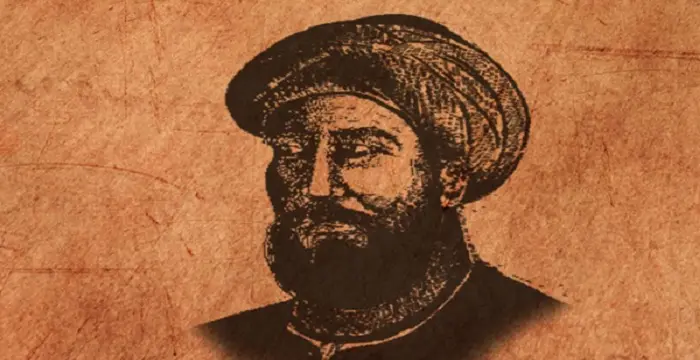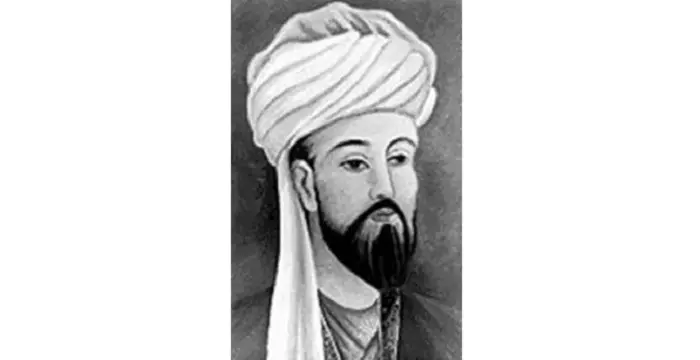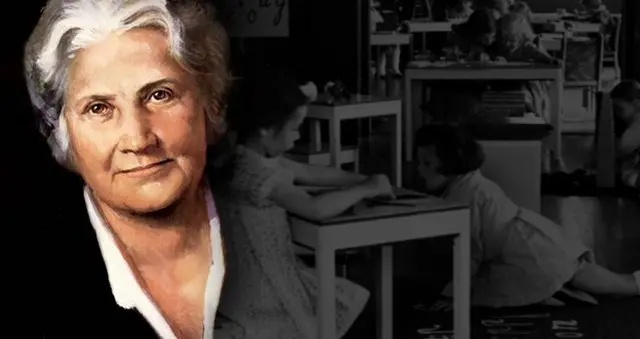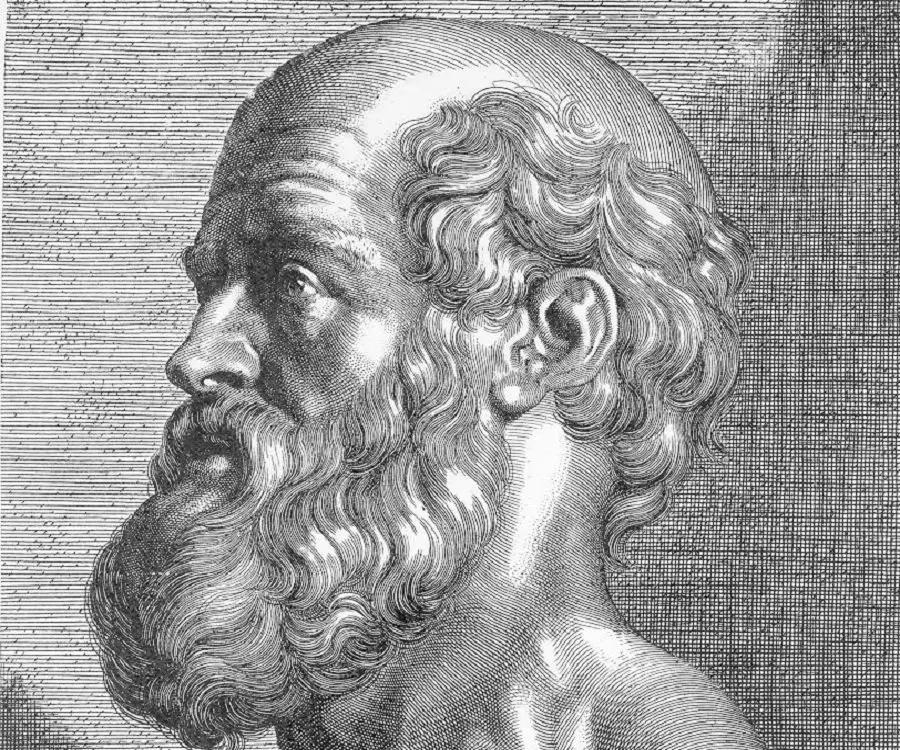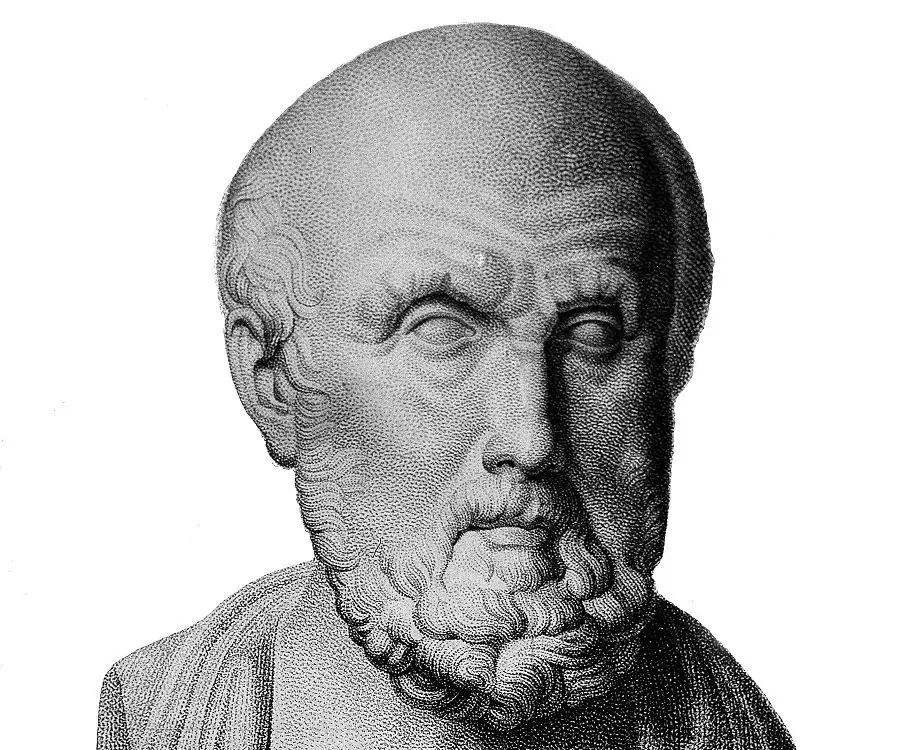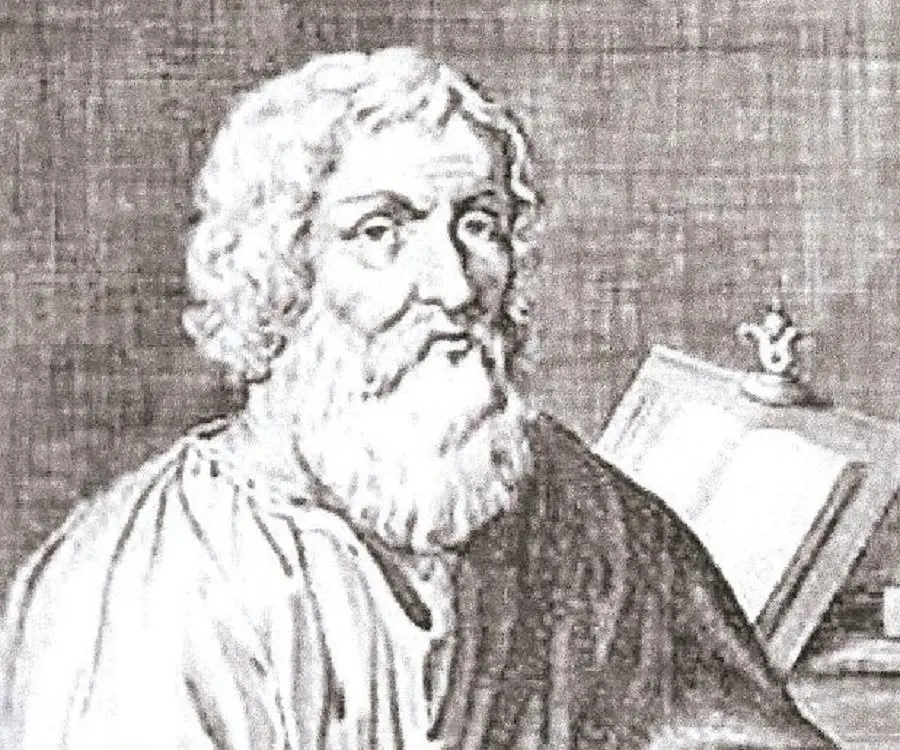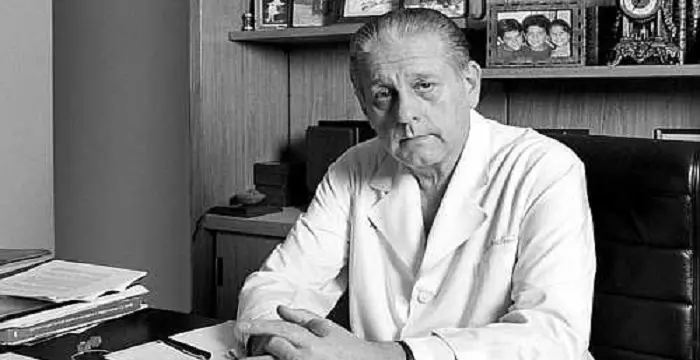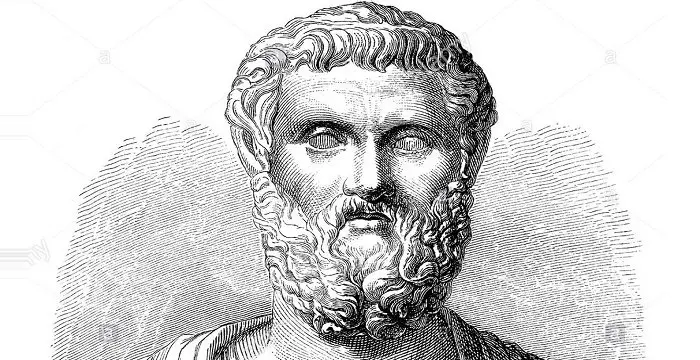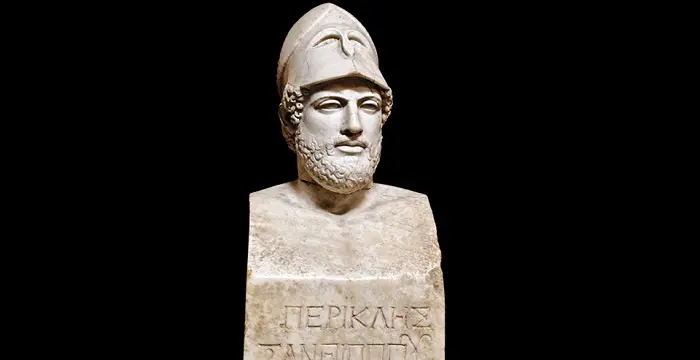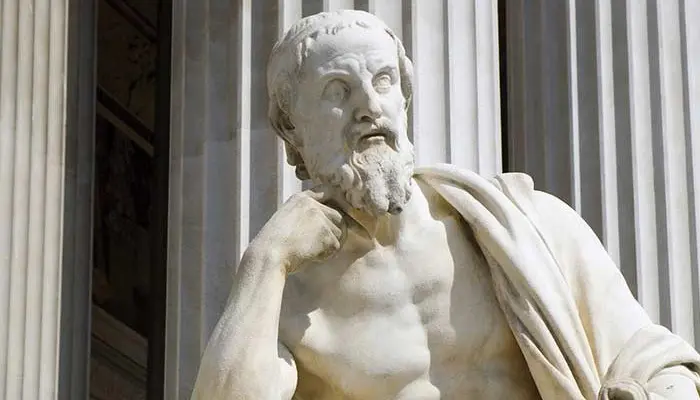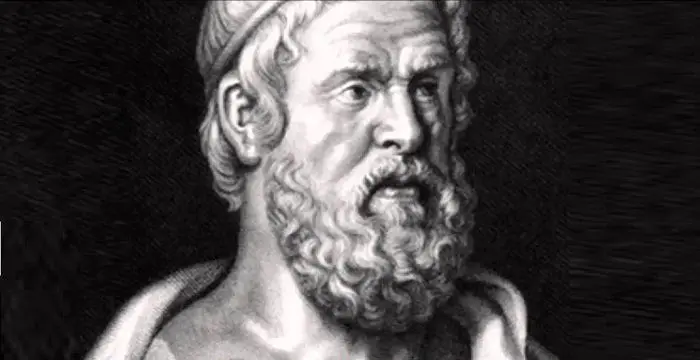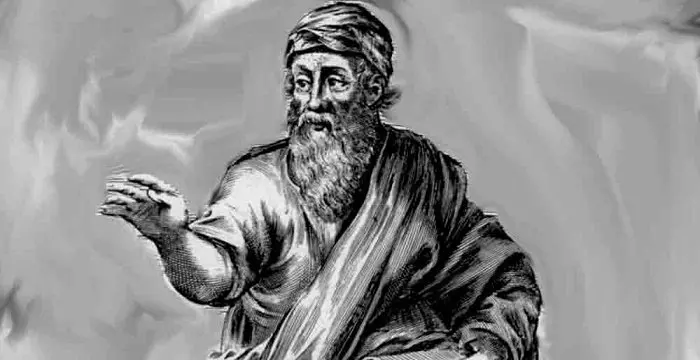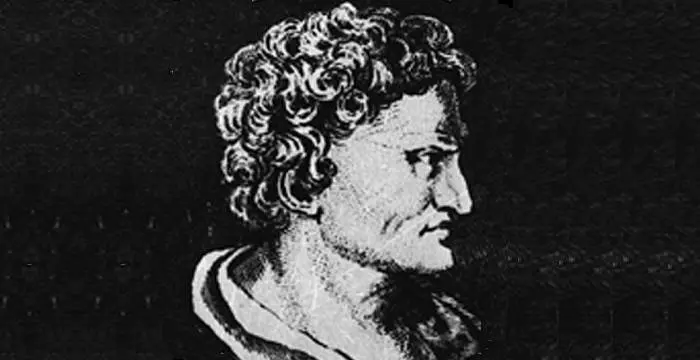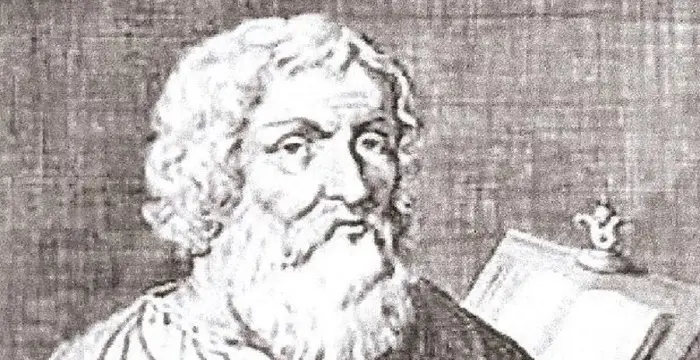
Hippocrates - Intellectuals & Academics, Family and Childhood
Hippocrates's Personal Details
Hippocrates was a Greek physician
| Information | Detail |
|---|---|
| Birthday | 460 BC |
| Nationality | Greek |
| Famous | Intellectuals & Academics, Physicians, Surgeons |
| Childrens | Draco, Thessalus |
| Birth Place | Kos, Ancient Greece |
| Gender | Male |
| Father | Heraclides |
| Mother | Praxitela |
| Born in | Kos, Ancient Greece |
| Famous as | Physician |
| Died at Age | 90 |
// Famous Physicians
Al-Zahrawi
Al-Zahrawi, was an illustrious medieval Arab Muslim physician and surgeon. Check out this biography to know about his childhood, family life, achievements and interesting facts about him.
Jabir Ibn Hayyan
Jabir Ibn Hayyan was a medieval era polymath. Check out this biography to know about his life, works and achievements.
Maria Montessori
Maria Montessori was a physician and educator who developed the approach of Montessori education. This biography of Maria Montessori provides detailed information about her childhood, life, achievements, works & timeline.
Hippocrates's photo
Who is Hippocrates?
Hippocrates was a Greek physician of the Classical Greece age. He is considered as one of the greatest figures in the history of medicine. As the founder of the Hippocratic School of Medicine, he is referred to as the 'Father of Western Medicine'. Hippocratic School of Medicine radically changed the system of medicine in ancient Greece. It separated medicine from traditional disciplines such as theurgy and philosophy and established it as a professional discipline. The very commonly known ‘Hippocratic Oath’ has been derived from and credited to the first physician of human history – Hippocrates. Other achievements and noteworthy feats of this great physician include ‘The Hippocratic Corpus’, which is a collection of ancient Greek medical works closely related and associated with Hippocrates and his teachings. The credit for the systematic study of clinical medicine goes to him as he summed up the medical knowledge of previous schools, and prescribed standard practices for physicians through his Hippocratic Corpus and other works.
// Famous Intellectuals & Academics
Bertil Gotthard Ohlin
Bertil Gotthard Ohlin was a famous Swedish economist. This biography profiles his childhood, family life & achievements.
Emily Greene Balch
Emily Greene Balch was an American economist, sociologist and pacifist who won the 1946 Nobel Peace Prize. This biography of Emily Greene Balch provides detailed information about her childhood, life, achievements, works & timeline.
Martin Buber
One of the greatest philosophers to have ever walked on earth, Martin Buber contributions to philosophy is a long-standing one. Explore all about his profile, childhood, life and timeline here.
Childhood & Early Life
Going by historians, Hippocrates was born around 460 BC in Cos, an island in Greece. There is, however, confusion regarding the dates and works surrounding him.
There are many sources of information about Hippocrates but Soranus of Ephesus, who was Hippocrates' first biographer, is the main source of most of the personal information about him. Other sources of information on Hippocrates are the Suda of the tenth century and the works of John Tzetzes. Contemporaries like Plato and Aristotle also mention about him in their works.
Historians believe that he was an avid traveler and moved a lot in Asia Minor and Greece teaching his pupils and practicing his art. It is also presumed that he taught at the medical school at Cos frequently.
According to Soranus of Ephesus, Hippocrates was the son of Heraclides, who was a physician and his mother Praxitela was the daughter of Tizane.
Hippocrates had two sons named Draco and Thessalus who were his students. Polybus, his son-in-law, was also his student. According to Galen, a later physician, Polybus became Hippocrates true successor whereas his sons Draco and Thessalus had a son each who were named after Hippocrates.
Soranus also revealed in his biography of Hippocrates that he acquired knowledge of medicine from his grandfather and father. He gained knowledge about other subjects from Gorgias ad Democritus.
It is presumed that he received his training at the asklepieion of Kos, and he also took lessons from the Thracian physician Herodicus of Selymbria. Throughout his life he practiced and taught medicine and travelled to places as far as Thrace, Sea of Marmara and Thessaly.
Hippocratic Theory
Hippocrates was probably the first person to believe that diseases are common and natural occurrences and not due to some external supernatural forces like gods. He stated that diseases were created by environmental factors, diet, and living habits.
Pythagoras and his disciples had credited Hippocrates for associating philosophy and medicine.
The Hippocratic School of medicine or Koan school applied general diagnoses and passive treatments to achieve success. This system focused on patient care and prognosis and not diagnosis.
Even though it achieved considerable success in treating diseases, Hippocratic system of medicine and its philosophy are different than that of modern medicine.
Crisis: Crisis was an important point in Hippocratic medicine. It is a point in the advancement of disease where either the patient would recover with the help of natural processes or the patient would succumb to death. Crisis also might be followed by a relapse. It was also highlighted that crisis occurred on critical days.
Hippocratic medicine adopted a very passive and humble approach and the therapeutic approach was also based on "the healing power of nature". His approach of healing focused on simple and natural processes that involved gentle treatment and emphasis was laid on keeping the patient clean and sterilized.
Hippocrates was hesitant in using specialized treatment and drugs and instead followed a generalized therapy that required generalized treatment. The generalized treatment that he used included fasting and laid emphasis on the consumption of apple cider vinegar. He also quoted that "to eat when you are sick, is to feed your sickness." Yet, he used potent drugs in extreme illness. His approach proved successful especially in treating simple ailments.
Professionalism: Hippocratic system of medicine was known for its strict professionalism, practice and discipline. “On The Physician” is one of his works in which he has highlighted and recommended that physicians should be calm, patient, honest, well-kept and understanding. They need to closely observe and practice all aspects of their profession. It was important for them to have apt understanding of the instruments, lightning, patient positioning, bandaging, splinting etc.
Great emphasis was laid on clinical doctrines of documentation and observation in his system of medicine. The doctrines state that physicians should always jot down and keep a record of their findings. This was practiced so that new physicians could also benefit from them and learn. He even extended the clinical observation to the patient’s family history and his environment. He has therefore been given the title of the “Father of Medicine”.
Contribution to Medicine
The description of many medical conditions and diseases has been attributed to Hippocrates and his disciples. He has been credited with the description of clubbing of fingers which is also known as “Hippocratic fingers”. This is an important sign that helps in diagnosing cyanotic heart disease and lung cancer.
He made different categories of illness namely epidemic, endemic, chronic and acute. Relapse, peak, crisis, resolution, paroxysm, exacerbation etc were terms that he used while describing illness. The relevancy of his teachings still holds prominence for students of surgery and pulmonary medicine. He had been the first documented “chest surgeon” and the techniques that he used and his findings are still practiced.
Hippocratic school of medicine describes aliments relating to human rectum and the relevant treatments. “Hippocratic Corpus” also mentions about excision and cautery. He also mentioned some fundamental concepts about proctoscopy in the corpus which are still in practice. There are references pertaining to endoscopy as well. In order to treat diabetes he prescribed exercises and diet which has been termed as lifestyle medicine in modern time.
Hippocratic Corpus & Hippocratic Oath
Written in Ionic Greek, the Hippocratic Corpus is a collection of roughly seventy works. It is, however, a subject of debate and speculation whether Hippocrates was the actual author as there is not much evidence to prove if he is the writer of all these books but. It has been attributed to Hippocrates as the teachings described follow his principles.
This corpus consists of philosophical essays, research, notes, textbooks etc on a number of subjects pertaining to medicine. The subjects that have been written cater to the needs of different readers. Few of them have been written for professional physicians while some are for layman and a few are for the pharmacists.
Notable among the treatises of the ‘Hippocratic Corpus’ are The Hippocratic Oath; Aphorisms; On Airs, Waters and Places; The Book of Prognostics; Instruments of Reduction; On Regimen in Acute Diseases; On The Sacred Disease; etc.
Hippocratic Oath: This is a document that highlights morals and medical practice ethics. The credit for the same goes to Hippocrates but it is believed to have been written after his death. This is considered to be the most sought after document of the Hippocratic Corpus. Though the oath is not applied in its original form in modern time, yet it serves as the foundation for many other laws or oaths that provide description about what morals of medicine and good practice should be like. Medical graduates commonly take these oaths before they start off their career as a doctor.
Personal Life & Legacy
Hippocrates is believed to have breathed his last in 370 BC in Larissa, Greece. Some records state that the Greek physician died at the age of 83 or 90. Some other accounts claim that Hippocrates had lived more than 100 years.
He had two sons Draco and Thessalus whom he apprenticed in the practice of medicine. He also had a daughter and there is a legend about Hippocrates daughter. She was turned into a hundred foot long dragon by a Goddess named Diane and is considered to be the “Lady of the manor” of an old castle.
He is considered to be the “Father of Medicine”. The contributions that he made brought in revolution in the field of medicine and its practice.
Hippocratic form of baldness is considered to be the most severe form of hair loss.
A number of clinical signs and symptoms have been named after him and historians believe that he has been the first one to describe them. Few of the notable ones are Hippocratic Face, Hippocratic Oath, Hippocratic Corpus, Hippocratic Succussion, Hippocratic Bench, Hippocratic cap-shaped bandage, Hippocratic fingers etc.
A lunar crater has been named in honor of Hippocrates.
A museum in the Greek island of Kos has been dedicated to him and has been named as Hippocratic Museum. A program of the New York University Medical Centre that aims at enhancing education through technology has been named as ‘The Hippocratic Project’.
In 2009, Michael Hulse and Donald Singer founded ‘The Hippocrates Prize for Poetry and Medicine’.
Hippocrates is believed to have written many books including, On Fractures, On Injuries of head, Of the Epidemics, On Fistulae, On Ulcers, The Oath, The law, Instruments of Reduction, Aphorisms, On the Surgery, On Ancient Medicine, On the Articulations, On Hemorrohoids, The book of Prognostics, On Regimen in Acute Diseases, On the Sacred Disease, On Airs, Waters and Places etc.
// Famous Surgeons
Al-Zahrawi
Al-Zahrawi, was an illustrious medieval Arab Muslim physician and surgeon. Check out this biography to know about his childhood, family life, achievements and interesting facts about him.
Russell M. Nelson
Russell M. Nelson is an American religious leader, author, and philanthropist. Check out this biography to know about his birthday, childhood, family life, achievements and fun facts about him.
René Gerónimo Favaloro
René Gerónimo Favaloro was a renowned Argentinean cardiovascular surgeon. Check out this biography to know about his childhood, family life, achievements and other facts related to his life.
Hippocrates biography timelines
- // 460 BCGoing by historians, Hippocrates was born around 460 BC in Cos, an island in Greece. There is, however, confusion regarding the dates and works surrounding him.
- // 375 BCHippocrates is believed to have breathed his last in 370 BC in Larissa, Greece. Some records state that the Greek physician died at the age of 83 or 90. Some other accounts claim that Hippocrates had lived more than 100 years.
- // 2009In 2009, Michael Hulse and Donald Singer founded ‘The Hippocrates Prize for Poetry and Medicine’.
// Famous Greek peoples
Solon
Solon was an Athenian lawmaker, poet and politician. He is considered as one of the ‘Seven Wise Men’ in Greek culture. This biography provides detailed information about his childhood, life, career, works, achievements and timeline.
Pericles
Pericles was an important Greek statesman, orator, patron of the arts, politician, and general of Athens who lived from 495–429 B.C. Check out this biography to know about his childhood, life, achievements, works & timeline.
Herodotus
Herodotus was a Greek historian widely referred to as 'The Father of History'. This biography of Herodotus provides detailed information about his childhood, life, achievements, works & timeline.
Aeschylus
Aeschylus was an eminent Greek tragedian. Go through this biography to know in details about his childhood, life, profile, and timeline.
Pythagoras
Pythagoras of Samos was a Greek mathematician and philosopher. Read on to learn more about Pythagoras’s profile, childhood, life and timeline.
Hipparchus
Hipparchus was a Greek astronomer and mathematician. This biography profiles his childhood, life, achievements and timeline.
Hippocrates's FAQ
When was Hippocrates died?
Hippocrates was died at 2020-04-14
Where was Hippocrates died?
Hippocrates was died in Larissa, Ancient Greece
Which age was Hippocrates died?
Hippocrates was died at age 90
Where is Hippocrates's birth place?
Hippocrates was born in Kos, Ancient Greece
What is Hippocrates nationalities?
Hippocrates's nationalities is Greek
Who is Hippocrates childrens?
Hippocrates's childrens is Draco, Thessalus
Who is Hippocrates's father?
Hippocrates's father is Heraclides
Who is Hippocrates's mother?
Hippocrates's mother is Praxitela
How famous is Hippocrates?
Hippocrates is famouse as Physician
